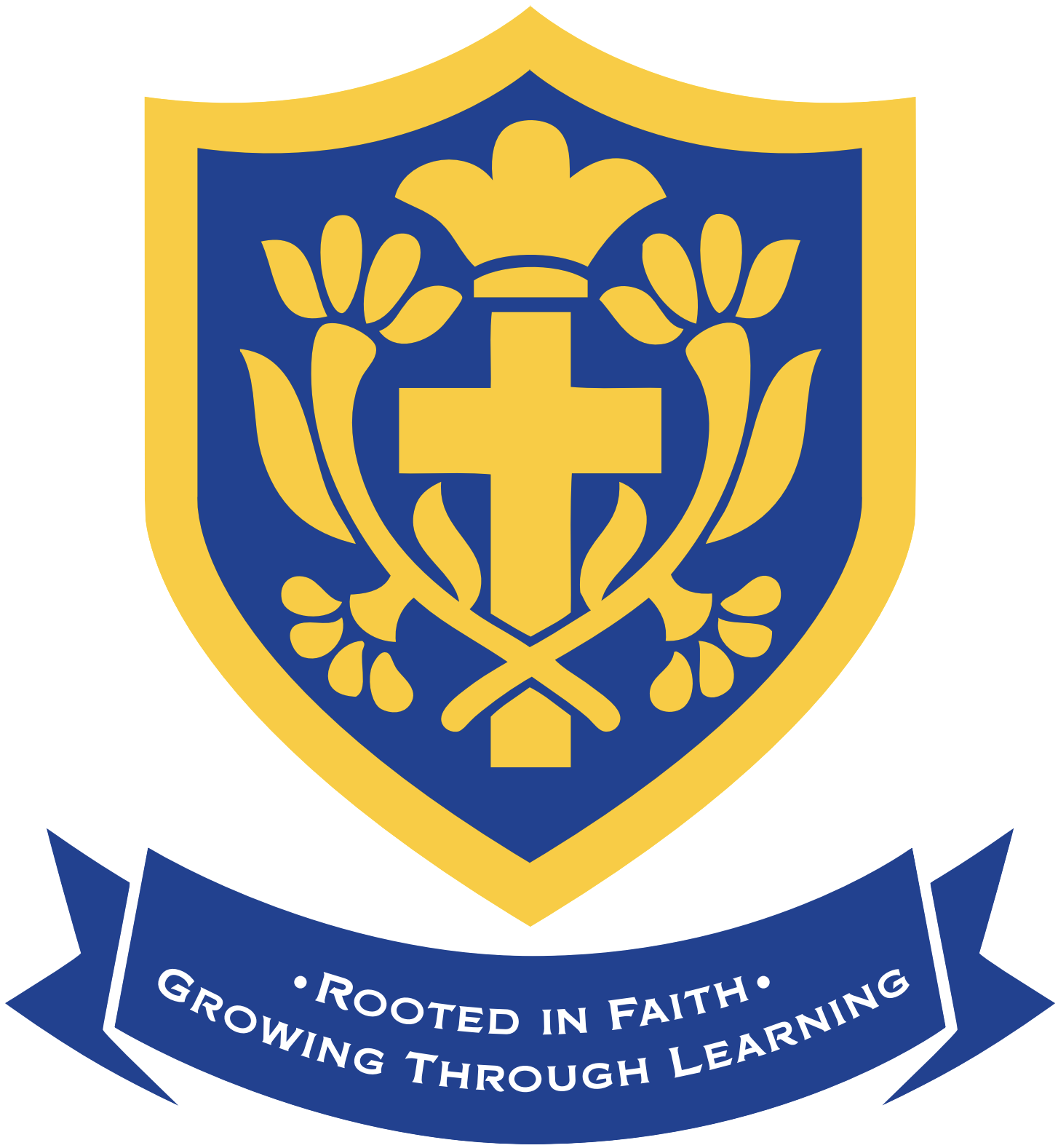British Values
Fundamental British Values Statement
The Department of Education requires schools ‘actively promote’ the fundamental British values of democracy, the rule of law, individual liberty, and mutual respect and tolerance of those with different faiths and beliefs.
At All Saints’ Church of England primary school these sit within the context of a church school where we are committed to promoting distinctively Christian values, which we strive to live out and teach day by day. Our Core Values of Kindness, Respect and Resilience are supplemented by many others including tolerance, courage, friendship.
We see British values as ‘values for living in Britain’ and shared human values, part of living well together harmoniously. We aim that the concepts and values of equality and justice, freedom and responsibility and love should support pupils to “develop wisdom, have hope, live well in community and demonstrate dignity”. (British Values in Church Schools, Pamela Draycott, 2016)
In this way, we believe we will prepare pupils for life in modern Britain and enable them to flourish as children of God.
“I have come that you might have life – life in all its fullness.” John 10:10
In this way, we will be contributing to the living out of The Church of England Vision for Education “Deeply Christian, Serving the Common Good”.
Promoting British Values - What does this look like in our school?
We provide opportunities for all pupils to explore and celebrate their own culture and that of others. We encourage all children to be tolerant and respectful to those of different faiths, or no faith, and their beliefs. This is done by providing the children with an understanding of main festivals and key dates of significant to British culture. e.g. Remembrance Day, the Queen’s Birthday and Jubilee celebrations and major political events such as elections.

It's UK Parliament Week 2023!
Get a sneak peak how secondary schools all over the country are joining in #UKPW this year - and meet some of the people working behind the scenes at UK Parliament!
How do we promote Democracy?
- We have an elected School Council, an elected Pupil Faith Group and elected House Captains and Vice-Captains and Anti-Bullying Ambassadors. For all these positions of responsibility, children are expected to prepare speeches and identify their strengths for the role before the elections. These elections provide an opportunity to promote and teach about democracy and the electoral process.
- As part of our of our RSHE learning in Upper Key Stage 2 on Citizenship & Democracy, we regularly access the UK Parliament’s Education Service and enjoy workshops such as an online workshop with the House of Lords.
- We take part each year in a Debating Competition as part of Wandsworth Borough Council’s MUNGA (Model United Nations General Assembly).
How do we promote the Rule of Law?
- The importance of laws, whether they may be those of each class, the school, or our country are referred to and reinforced, such as through Worship and when reflecting on behaviour choices.
- Our behaviour approach is based on restorative judgement against three questions: “Is it Kind? Is it Safe or Sensible? Is it necessary? Pupils are taught the value and reasons behind decisions, and the consequences if they are broken. There are opportunities for pupils to reflect, say sorry and be forgiven.
- Each class draws up its code of conduct at the start of each academic year and each pupil signs the displayed document; this is revisited and reviewed as appropriate throughout the year.
- There are high expectations of pupil conduct, in lessons, in worship, in the playground and while moving around the school. Praise and rewards include House Points; Good Conduct Detective Awards; weekly well-done certificates and merits.
- Through Collective Worship and RSHE, children are taught to know right from wrong; to do the right thing even when it’s difficult and to respect all in the school community.
- The local PCSOs visit the school to talk to children about their role in society.
How do we promote Individual Liberty?
- Children are taught about personal responsibility, their right to make choices, that they have the right to respectfully express views and beliefs, in a safe and supportive environment
- Children are taught how to keep themselves safe, both at school, in the community and online, recognising that there are many positive experiences and extra-curricular activities to benefit from
- Children know that they are valued as individuals, each with a God-given talent.
How do we promote Mutual Respect?
- Mutual respect is at the heart of what we believe. Respect is one of our core values and children learn that their actions have an effect on their own rights and those of others.
- All members of the school community should treat each other with respect and children are expected to treat the physical environment with equal respect.
- Collective Worship and RE themes regularly promote respect, tolerance, understanding of other faiths and beliefs.
- The school’s Anti-Bullying Ambassadors promote respectful and kind relationships and support children to challenge bullying behaviours
How do we promote Tolerance of those with different Faiths and Beliefs?
- The All Saints’ community celebrates the diversity and cultural and ethnic mix of its families
- Children and parents are invited to share their faith and beliefs as part of RE lessons or Multi-Faith weeks.
- The RE Curriculum and our Collective Worship themes give opportunity to develop
As well as promoting British Values, we will actively challenge pupils, staff, or parents expressing opinions contrary to fundamental British values including ‘extremist views’.
